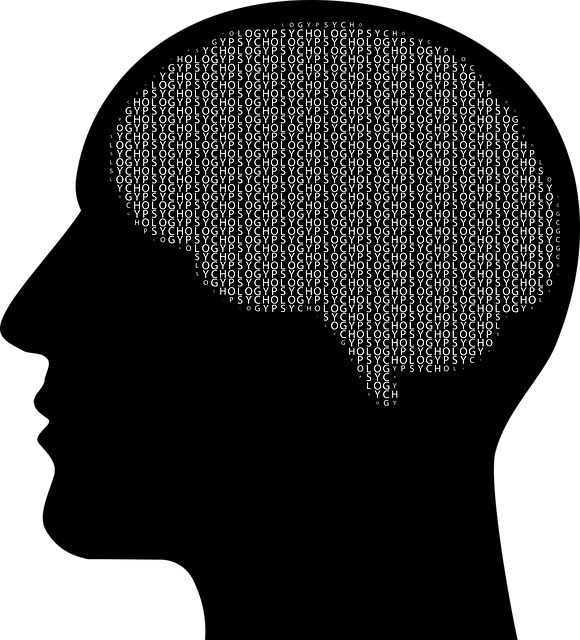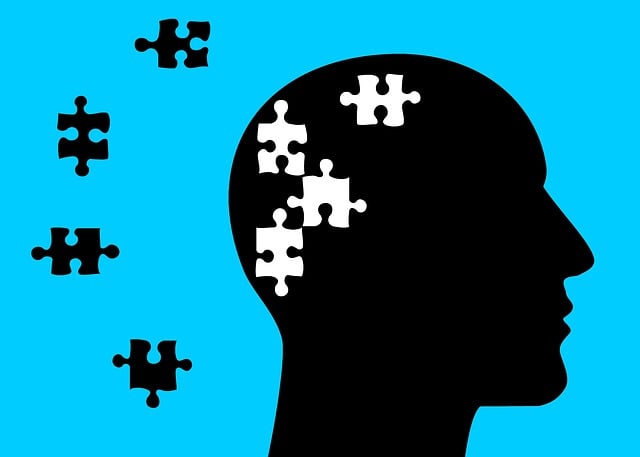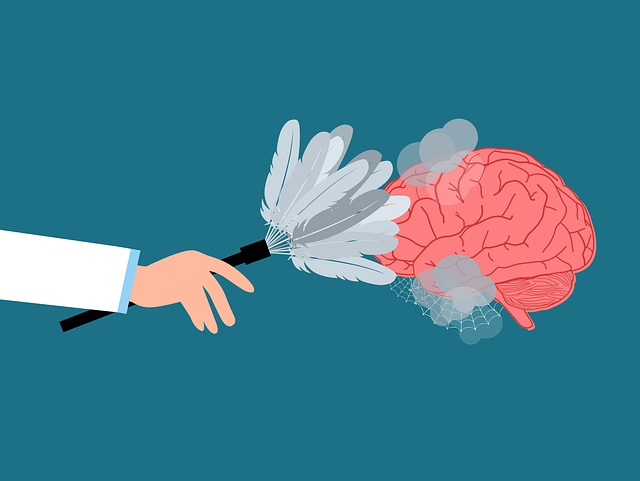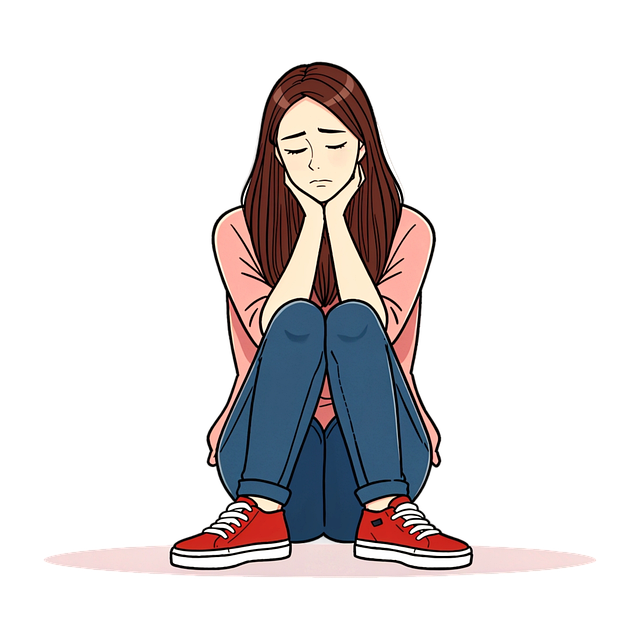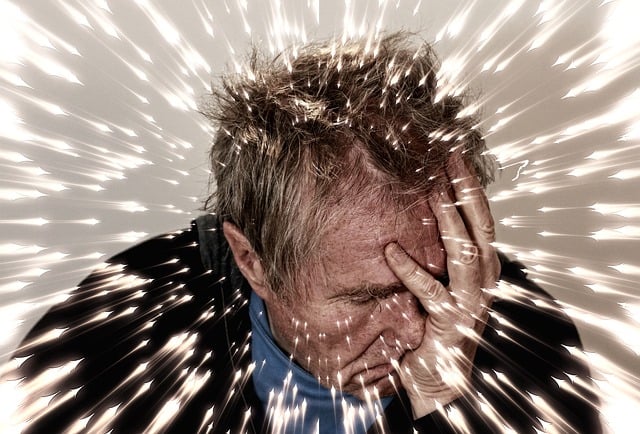Depression among elderly men often goes unnoticed due to societal expectations discouraging emotional vulnerability. Early intervention is crucial, focusing on recognizing subtle behavioral changes like isolation or irritability. Tailored strategies including therapy, mental health education, and stress management workshops address unique challenges faced by this demographic. Mindfulness meditation, open dialogue, and professional counseling are effective tools for prevention and management. Community resources, support groups, and senior centers provide safe spaces for open discussion and practical advice, fostering emotional well-being through social connections and tailored therapy options like CBT. Mental wellness podcasts also offer accessible insights for emotional regulation.
Depression is a significant mental health concern among elderly men, often exacerbated by societal stigma and unique challenges. This comprehensive guide explores effective prevention strategies tailored to address the specific needs of male elders. From recognizing subtle symptoms to discussing therapeutic approaches, including cognitive-behavioral therapy (CBT), and the importance of lifestyle interventions and support systems, we delve into actionable steps. Additionally, we provide a detailed overview of community resources and professional help, offering valuable insights for those seeking assistance with mental health issues specific to men aging in years.
- Recognizing Depression in Elderly Men: Unique Challenges and Symptoms
- Therapeutic Approaches Tailored for Male Elders: Overcoming Stigma and Barriers
- Lifestyle Interventions and Support Systems for Preventing Depression
- Community Resources and Professional Help: A Comprehensive Guide for Elders Struggling with Mental Health
Recognizing Depression in Elderly Men: Unique Challenges and Symptoms

Depression among elderly men often presents unique challenges due to societal expectations and cultural norms that can obscure the recognition of symptoms. Historically, men have been discouraged from expressing emotional vulnerability, leading to a tendency to internalize feelings and avoid seeking help for mental health issues. This can manifest as subtle changes in behavior, such as increased isolation, irritability, or a loss of interest in previously enjoyed activities. Recognizing these nuances is crucial for addressing depression in its early stages.
Therapy plays a pivotal role in supporting elderly men who may be hesitant to discuss their emotional struggles openly. Specialized mental health education programs designed with this demographic in mind can foster a safe space for exploration and healing. Emotional well-being promotion techniques tailored to men’s unique experiences, coupled with stress management workshops organized by support groups or community centers, can significantly contribute to preventing and managing depression. These initiatives not only encourage open dialogue but also equip individuals with practical tools to navigate life’s challenges, ultimately enhancing overall resilience.
Therapeutic Approaches Tailored for Male Elders: Overcoming Stigma and Barriers

Depression prevention strategies tailored specifically for male elders are crucial, as this demographic often faces unique challenges and barriers to seeking help. Stigma surrounding mental health issues persists, especially within older male populations, due to societal expectations of masculinity. Traditional therapeutic approaches may not always resonate with these individuals, who might prefer more practical, non-verbal forms of expression and support. Therefore, mental health professionals must employ tailored strategies that acknowledge and respect these cultural nuances.
Risk assessment plays a vital role in identifying at-risk elders, especially those living alone or with physical limitations. Through comprehensive risk assessments, mental health professionals can implement targeted interventions, such as peer support groups or community outreach programs. Encouraging open conversations about emotional healing processes and fostering the development of inner strength can help break down barriers to care. These approaches must be culturally sensitive, offering a safe space for men to process their emotions without judgment, thereby promoting improved mental well-being.
Lifestyle Interventions and Support Systems for Preventing Depression

Depression prevention strategies often involve lifestyle interventions and support systems tailored to individual needs, especially for men and elderly individuals who may face unique challenges. Incorporating mindfulness meditation into daily routines has been shown to significantly reduce symptoms of depression, promoting mental well-being. This practice encourages individuals to focus on the present moment, fostering a sense of calm and perspective.
Effective communication strategies are another vital tool. Building strong support systems through open dialogue with friends, family, or professional counselors can provide much-needed emotional backing. For those who have experienced trauma, Trauma Support Services offer specialized assistance, helping them process past events and develop coping mechanisms to prevent depressive episodes. Combining these approaches can create a robust defense against depression, particularly when tailored to address the specific needs of men and older adults.
Community Resources and Professional Help: A Comprehensive Guide for Elders Struggling with Mental Health

For elders struggling with mental health issues, accessing community resources and professional help is a vital step towards depression prevention. Local support groups, senior centers, and community health services often provide safe spaces for open dialogue, offering peer-to-peer understanding and practical advice tailored to the unique challenges faced by older adults. These platforms encourage social connections, fostering a sense of belonging, which is crucial for emotional well-being. Many such initiatives also incorporate self-care practices specifically designed to enhance mental wellness, focusing on physical activity, nutrition, and stress management techniques, all essential aspects of maintaining good mental health.
When seeking professional help, elders and their families should explore various therapy options, including cognitive-behavioral therapy (CBT), which has proven effective in treating depression. Given the specific needs and concerns of older adults, therapists who specialize in men’s issues can provide tailored support, addressing existential worries, loneliness, and other age-related challenges. In addition to individual therapy, a mental wellness podcast series production could offer valuable insights and strategies for emotional regulation, making professional help more accessible and engaging for this demographic.
Depression prevention among elderly men requires a multi-faceted approach addressing unique challenges and symptoms, overcoming stigma, and strengthening support systems. Therapeutic interventions tailored for male elders, coupled with lifestyle modifications and access to community resources, can significantly mitigate risks. By fostering open conversations about mental health and encouraging help-seeking behaviors, we can ensure that elders receive the necessary care and support, ultimately enhancing their overall well-being. Effective therapy for elders’ mens issues is not only achievable but essential for building resilient communities.
